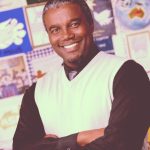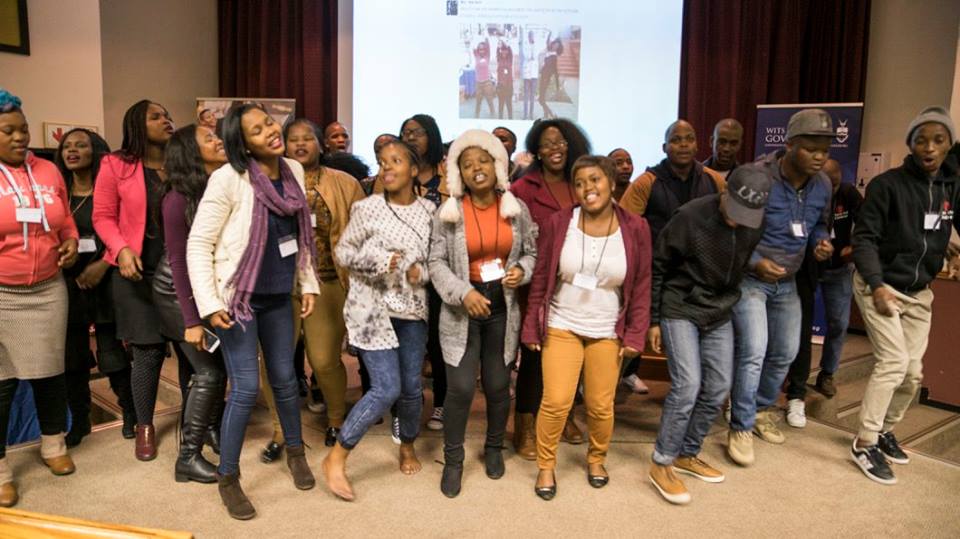While growing up, I attended primary school in both township and rural settings. In these schools, I was constantly taught using rote learning. As learners, we spent an incredible amount of time memorising and regurgitating information without making sense of it, analysing it or even knowing what to do with it once memorised. It was just a senseless and meaningless repetition of sounds.
Sir Ken Robinson, one of the most influential educationists in the world, believed that this kind of education “dislocates very many people from their natural talents” and alienates them from their natural selves. In the long-run, this creates a disjuncture between how people naturally are and what our education system changes them to be.
Why do we allow this educational alienation to persist? According to research findings concerning education in South Africa, one of the key factors is poor teacher training. At the centre of our schooling process, we have teachers with limited pedagogical skills. These teachers often don’t know how to teach anything other than this rote-learning approach.
These inadequacies lead to negative outcomes for learners approaching tertiary schooling. Students, particularly those who graduated from township and rural high schools, suffer from poor writing skills, computer illiteracy and language barriers.
So the question becomes this: how can we train teachers to teach in ways that connect, rather than alienate, pupils from their natural selves? I believe the answer is by training teachers in reflective practice.
Reflective practice is a teaching methodology that helps teachers develop the metacognitive capacity to reflect on themselves and their actions. At the Global Teachers Institute ,we believe that effective teaching first requires insight and understanding of one’s own self. Many teachers constantly think about what to teach, rather than how and why they teach.
When visiting certain teachers from existing training programs, we were surprised to find that few teachers could answer these questions: “Why do you believe in your kind of work? Why are you invested in education? How is this work personally challenging for you? How are your vulnerabilities and insecurities tied to it every day?” We believe that if teachers are not reflecting on that deeper level, then we won’t see anything more than the alienation we already know.
Once teachers engage at that level, it prepares them to then facilitate learning at that deep level too. Instead of simply delivering content, reflective practice trains teachers to become what Socrates termed, ‘an intellectual midwife’: someone who helps others give birth to their own ideas. Teachers often believe they are there to solely fulfill an academic purpose, to be the singular source or hub of information that relegates learners to receptivity. Instead, we must train teachers to understand that knowledge does not necessarily reside entirely within themselves. It resides in a classroom where the teacher facilitates pupils to learn from each other, and their own selves.
Sir Ken Robinson said “Human resources are like natural resources. They’re often buried very deep. You have to go looking for them. They’re not lying around on the surface. You have to create circumstances where they show themselves.” We need to show teachers how to create those circumstances. We should be making schools places where both teachers and students have space to move beyond their normal boundaries and feel comfortable challenging themselves. Classroom teaching should be designed in such a way that the simple act of stepping into it has the potential to become a life-changing experience.
One huge misconception about reflective practice is that it seeks to undermine the importance of subject and content knowledge. But reflective practice is not a substitute for academic rigour or its avoidance. Rather, it helps enhance and improve academic rigour by acknowledging the personal potential of every learner.
It is our duty as educators to create school environments that invite this kind of exploration and reflection. For many learners, school is one of the few places where they will be given a chance to be somebody and be part of something worthwhile. It is crucial for educators to understand this, and train teachers in a way that helps both teachers and students find their personal sense of freedom.
 Xolani Majola is the Advocacy and Partnerships Manager for the GTI.
Xolani Majola is the Advocacy and Partnerships Manager for the GTI.

